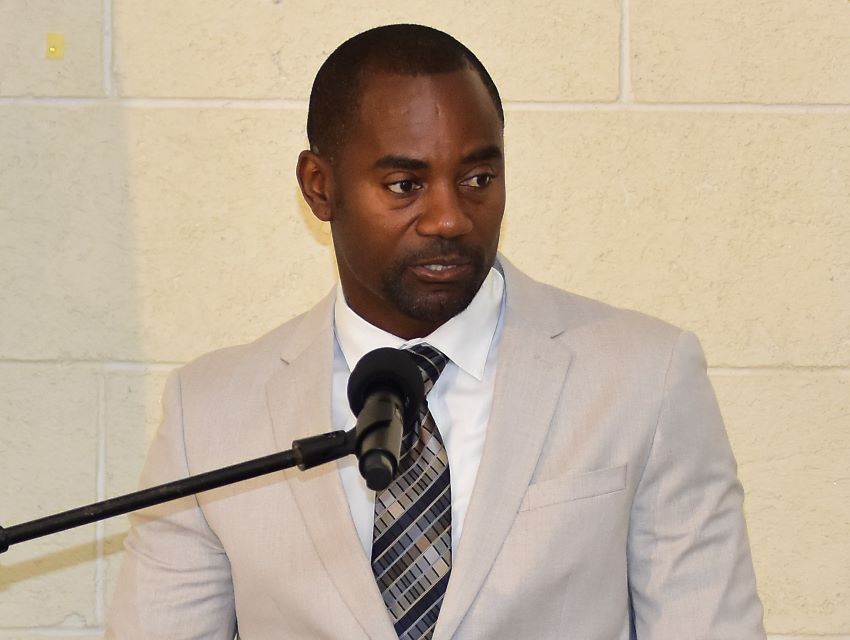
Barbados’ blue economy should be seen as an economic driver that can contribute to job creation and new technological advancements going forward.
These were among the findings of a Blue Economy Scoping Study conducted on behalf of the Ministry of Maritime Affairs and the Blue Economy by the United Nations Development Programme (UNDP) over a six-month period.
Speaking during the virtual handing over of the report recently, Minister of Maritime Affairs and the Blue Economy, Kirk Humphrey, thanked the international agency for the rapid assessment study, which was designed to determine the key active blue sectors in Barbados.
He also noted that the study was “great” for the foundation work that needed to be carried out, as Barbados continued to develop its blue economy.
According to the study, the blue economy is an integration of sustainable development and new growth. Its key findings focused on five key ocean-based activities which were highlighted as being most beneficial for the country.
These are tourism and leisure; harvesting of marine living resources, including fisheries; the ports and shipping; the extraction of non-living resources and energy generation, and ocean health and ecosystem services.
The report also noted that prior to COVID-19, the key economic activity relevant to the blue economy was tourism, which directly contributed to 12.9 per cent of the island’s gross domestic product and accounted for 62.1 per cent of its exports.
However, Minister Humphrey noted that when it came to investments in the blue economy, it was “extremely expensive” for small island developing states.

“I heard that there is money around, but accessing those resources is extremely difficult for small island developing states. You are in competition with the Pacific, you are in competition with Africa, and we all need the resources, but oftentimes Caribbean islands are not the ones coming out successful in these projects,” he pointed out.
The Minister also noted that there was a need for countries like Barbados to reinvent themselves and reimagine the space in which they live.
He stressed that there was still a need for people to understand the concept of the blue economy and all that it encompassed.
Head of the Blue Economy Accelerator Lab at the UNDP, Nikola Simpson, said the study acted as a baseline to further inform future and more in-depth studies, such as the Inter-American Development Bank’s long-term strategy and roadmap.
She added that it outlined where needs and gaps were, and recommendations for opportunities for blue growth in Barbados.
Noting that recommendations could be done on a phased basis, Ms. Simpson outlined that they could start with upgrades to existing and mature areas using technology and tourism, or ports and shipping.
“Some of this is already being done. We can also further support growth areas such as fishing, and again some of this has started, [but] more of this can be done in the short to medium term,” she said.
Meanwhile, she suggested that exploring new and emerging areas could fall under a long-term goal with a 15 to 20-year horizon. Ms. Simpson also recommended the establishment of a Blue Economy Advisory Committee and the creation of a national ocean policy.
